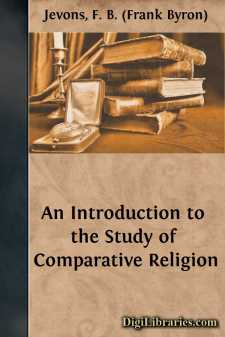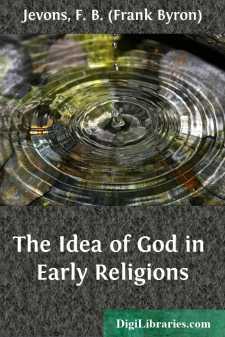Categories
- Antiques & Collectibles 13
- Architecture 36
- Art 48
- Bibles 22
- Biography & Autobiography 813
- Body, Mind & Spirit 142
- Business & Economics 28
- Children's Books 16
- Children's Fiction 13
- Computers 4
- Cooking 94
- Crafts & Hobbies 4
- Drama 346
- Education 46
- Family & Relationships 57
- Fiction 11829
- Games 19
- Gardening 17
- Health & Fitness 34
- History 1377
- House & Home 1
- Humor 147
- Juvenile Fiction 1873
- Juvenile Nonfiction 202
- Language Arts & Disciplines 88
- Law 16
- Literary Collections 686
- Literary Criticism 179
- Mathematics 13
- Medical 41
- Music 40
- Nature 179
- Non-Classifiable 1768
- Performing Arts 7
- Periodicals 1453
- Philosophy 64
- Photography 2
- Poetry 896
- Political Science 203
- Psychology 42
- Reference 154
- Religion 513
- Science 126
- Self-Help 84
- Social Science 81
- Sports & Recreation 34
- Study Aids 3
- Technology & Engineering 59
- Transportation 23
- Travel 463
- True Crime 29
An Introduction to the Study of Comparative Religion
Description:
Excerpt
INTRODUCTION
The use of any science lies in its application to practical purposes. For Christianity, the use of the science of religion consists in applying it to show that Christianity is the highest manifestation of the religious spirit. To make this use of the science of religion, we must fully and frankly accept the facts it furnishes, and must recognise that others are at liberty to use them for any opposite purpose. But we must also insist that the science of religion is limited to the establishment of facts and is excluded from passing judgment on the religious value of those facts. The science of religion as a historical science is concerned with the chronological order, and not with the religious value, of its facts; and the order of those facts does not determine their value any more in the case of religion than in the case of literature or art. But if their value is a question on which the science refuses to enter, it does not follow that the question is one which does not admit of a truthful answer: science has no monopoly of truth. The value of anything always implies a reference to the future: to be of value a thing must be of use for some purpose, and what is purposed is in the future. Things have value, or have not, according as they are useful or not for our purposes. The conviction that we can attain our purposes and ideals, the conviction without which we should not even attempt to attain them is faith; and it is in faith and by faith that the man of religion proposes to conquer the world. It is by faith in Christianity that the missionary undertakes to convert men to Christianity. The comparative value of different religions can only be ascertained by comparison of those religions; and the missionary, of all men, ought to know what is to be learnt from such comparison. It is sometimes supposed (wrongly) that to admit that all religions are comparable is to admit that all are identical; but, in truth, it is only because they differ that it is possible to compare them. For the purpose of comparison both the differences and the resemblances must be assumed to exist; and even for the purposes of the science of religion there is nothing to compel us to postulate a period in which either the differences or the resemblances were non-existent. But though there is nothing to compel us to assume that the lowest form in which religion is found was necessarily the earliest to exist, it is convenient for us to start from the lowest forms. For the practical purposes of the missionary it is desirable where possible to discover any points of resemblance or traits of connection between the lower form with which his hearers are familiar and the higher form to which he proposes to lead them. It is therefore proper for him and reasonable in itself to look upon the long history of religion as man's search for God, and to regard it as the function of the missionary to keep others in that search . . . 1-33
The belief in immortality is more prominent, though less intimately bound up with religion, amongst uncivilised than it is amongst civilised peoples....



